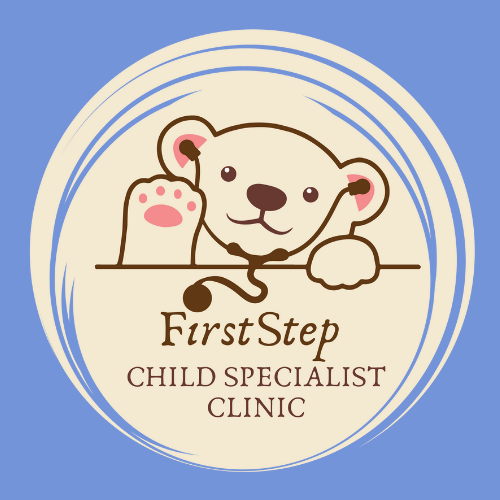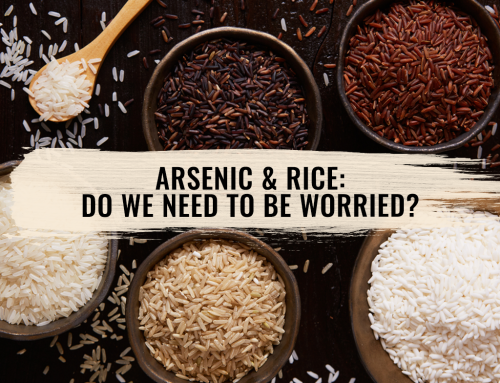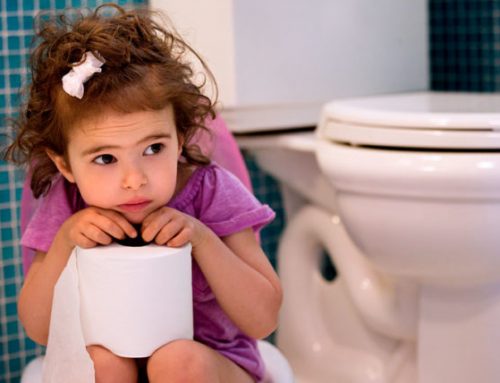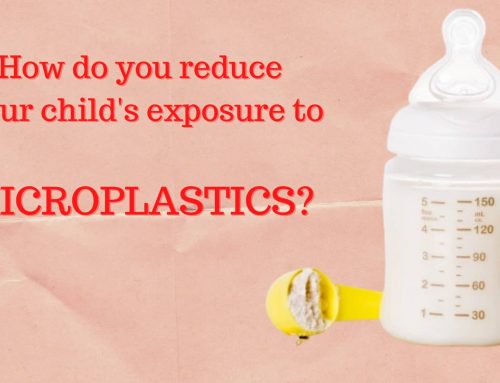What happens when you hit your child?
In the past, physical discipline by spanking, hitting, and other means of pain is accepted as a way of correcting bad behavior in a child. In recent years, physical punishment has been on the decline, especially in Western countries, due to various researches showing consistent adverse and long-lasting effects on children. I’m sad to say that in Asia, the majority are still holding on to the proverb “Spare the rod and spoil the child.”
There is no denying that discipline is a significant value that should be instilled in every child. Discipline is the guidance of children’s moral, emotional, and physical development, enabling children to take responsibility for themselves when they are older (Holden 2002, Wissow 2002). In other words, a disciplined child will know how to act or behave within the family and community’s normal boundaries.
Discipline can be done positively or negatively. A positive way of disciplining would be giving rewards when a child does particularly well or stopping a child from repeating a deed by explaining why it is wrong. A negative way of disciplining would be to inflict physical pain, which could be spanking, slapping, caning, biting, swallowing hot spices, etc. In the latter, children may initially comply, but after a while, this method will no longer work. Hence parents need to escalate physical punishment, which is then dangerous.
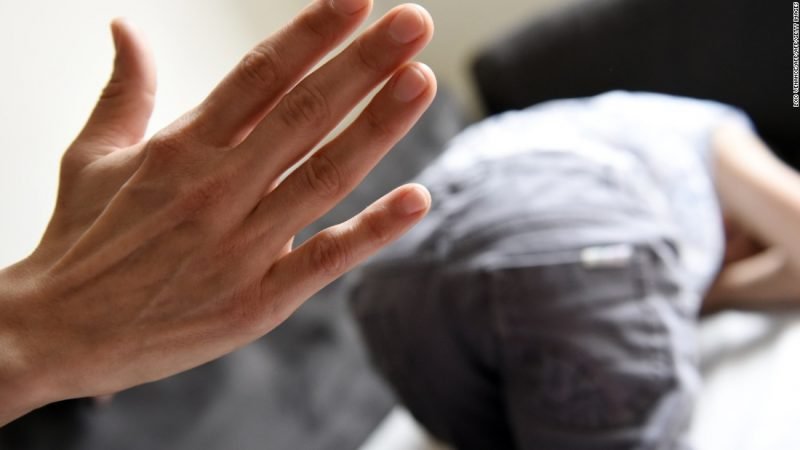
What are the harmful effects of corporal punishment?
In 1989, the United Nations (UN) Committee on the Rights of the Child called on all members to BAN corporal punishment, including those occurring in the family. The committee also holds on firmly to no violence against children is justifiable and that all violence against children is preventable. Globally, at least 50 countries to date have prohibited all forms of corporal punishment.
Before raising your hand to your child, think about what message you are sending to him or her. If you experienced corporal punishment as a child, and believe that you turned out alright, think again. You may not be able to change your past, but you can stop this vicious and never-ending cycle.
Like adults, “The right not to be hit, is also a children’s right.”
References:
1. Children and Corporal Punishment by Commissioner for Human Rights Council of Europe 2006 https://rm.coe.int/children-and-corporal…/16806da87
2. Robert D. Sege et al.: Effective Discipline to Raise Healthy Children – American Academy of Pediatrics December 2018 https://doi.org/10.1542/peds.2018-3112
3. Elizabeth Thompson Gerschoff: Corporal Punishment by Parents and Associated Child Behaviours and Experiences – Psychological Bulletin 2002, Vol. 128, No.4,539-579
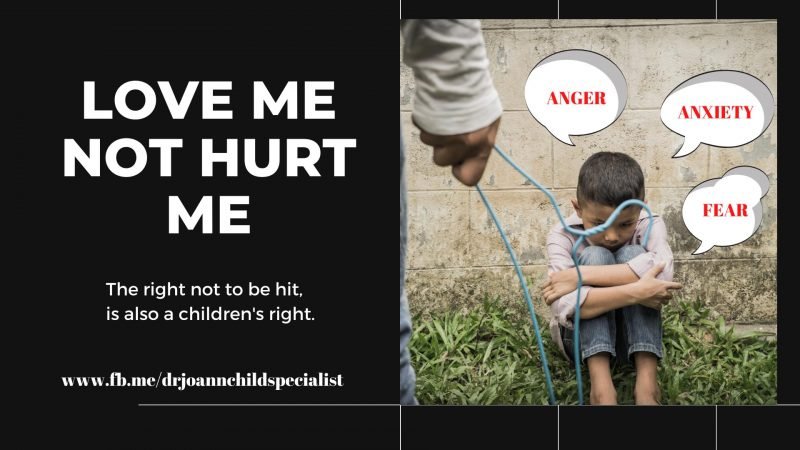
LEARN MORE
LEARN MORE
INTERESTED IN PARENTING ARTICLES?
We have the right articles just for you.
“There is no such thing as a perfect parent. So just be a real one.” – Sue Atkins
